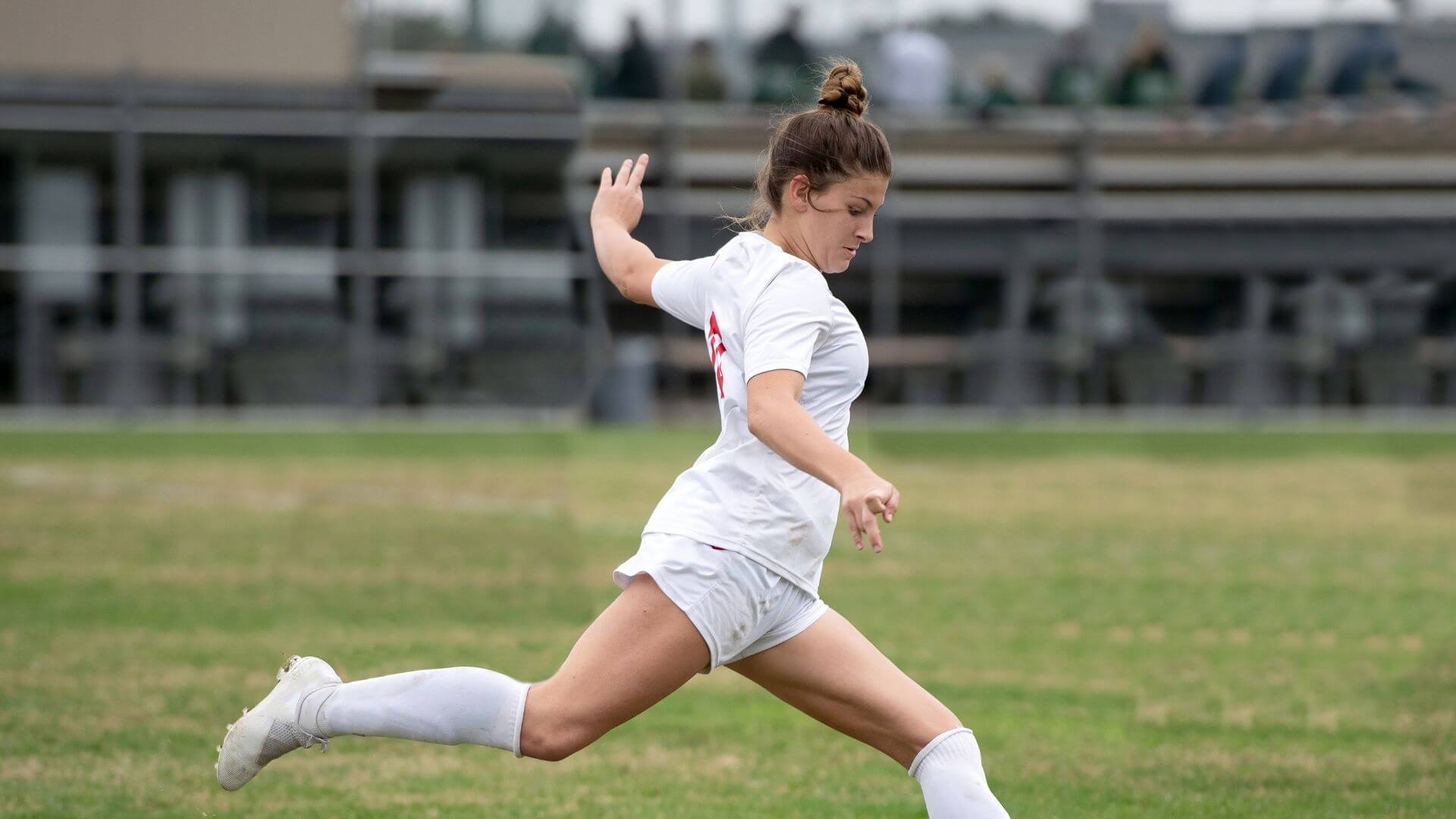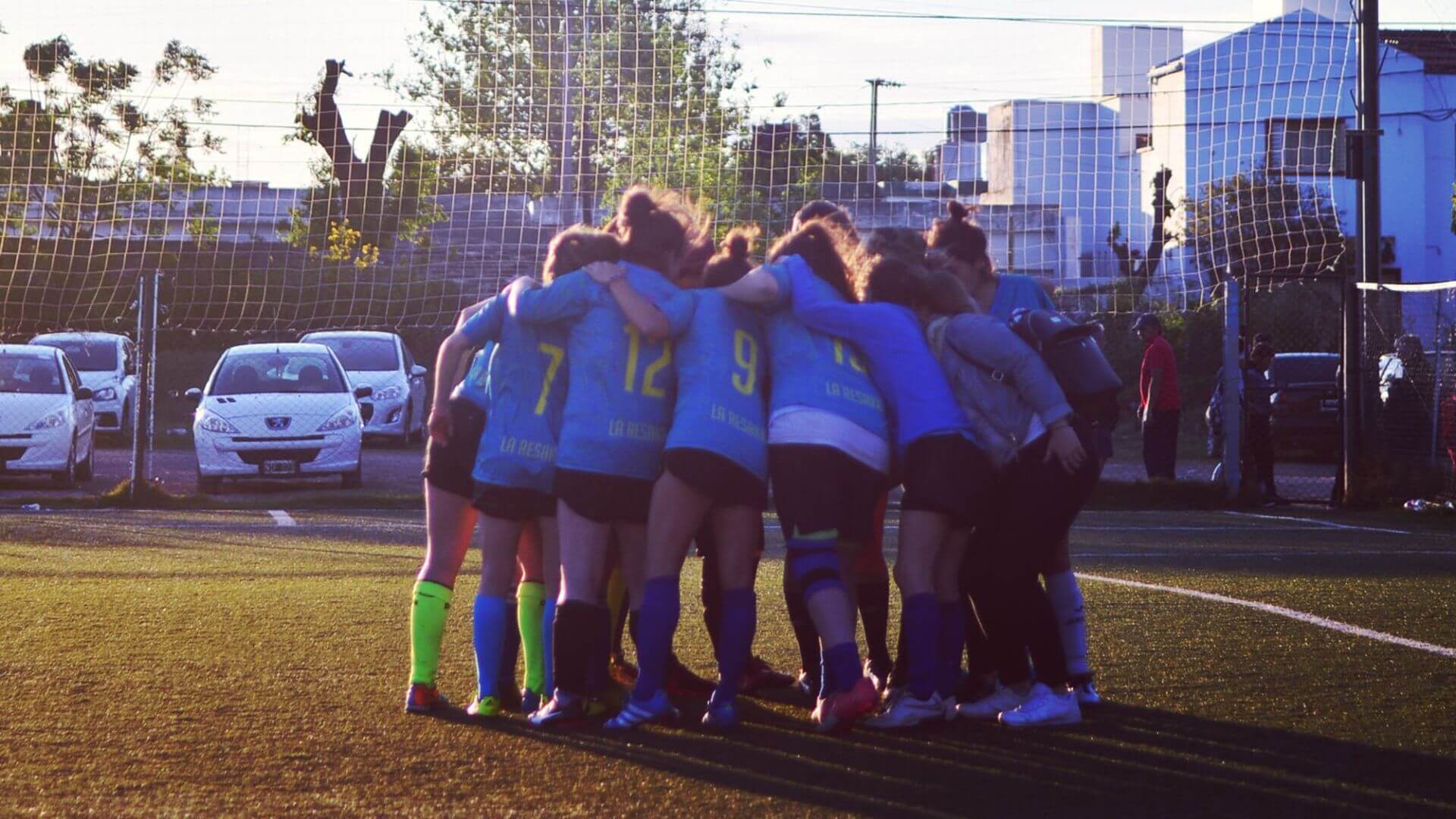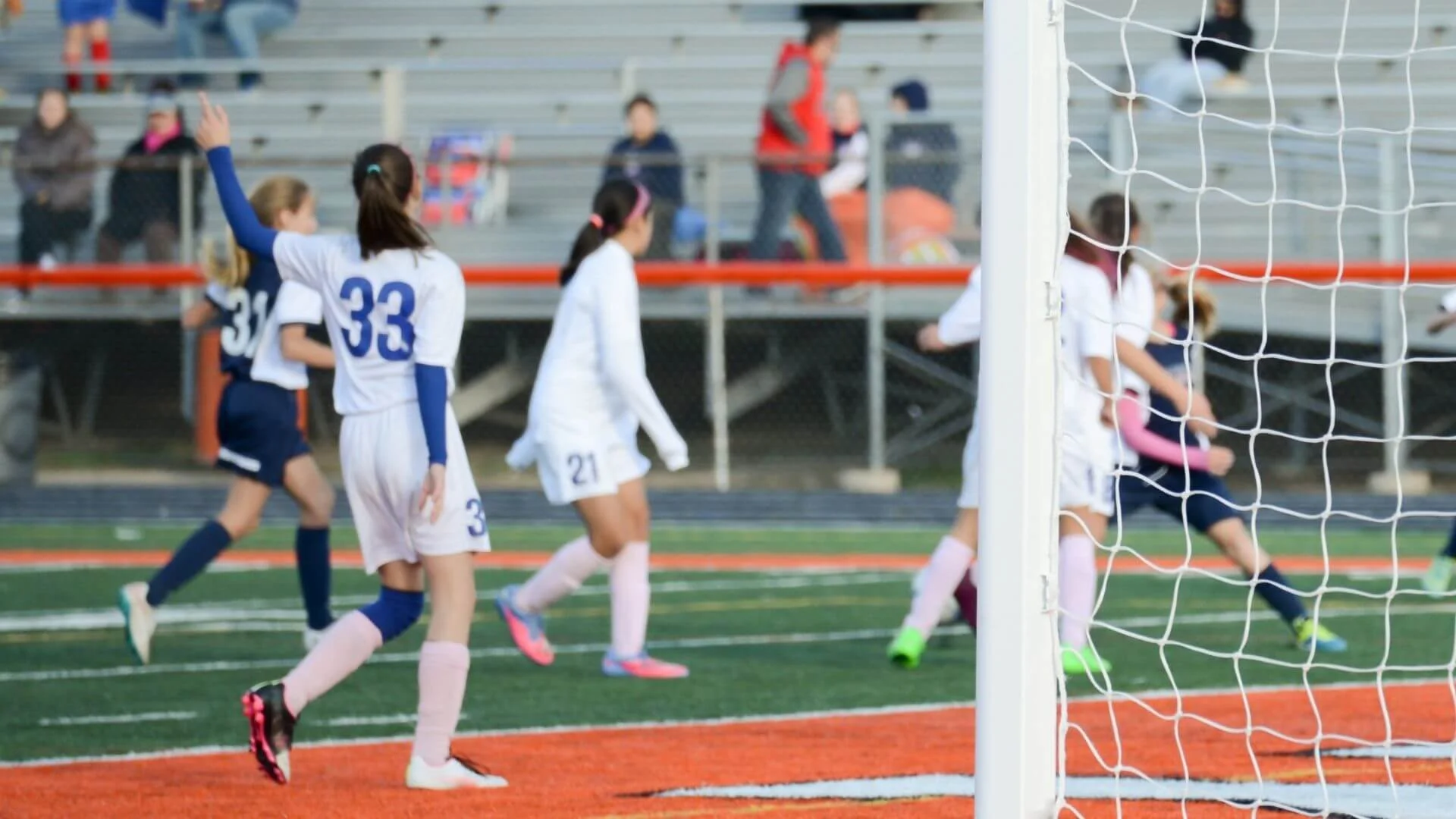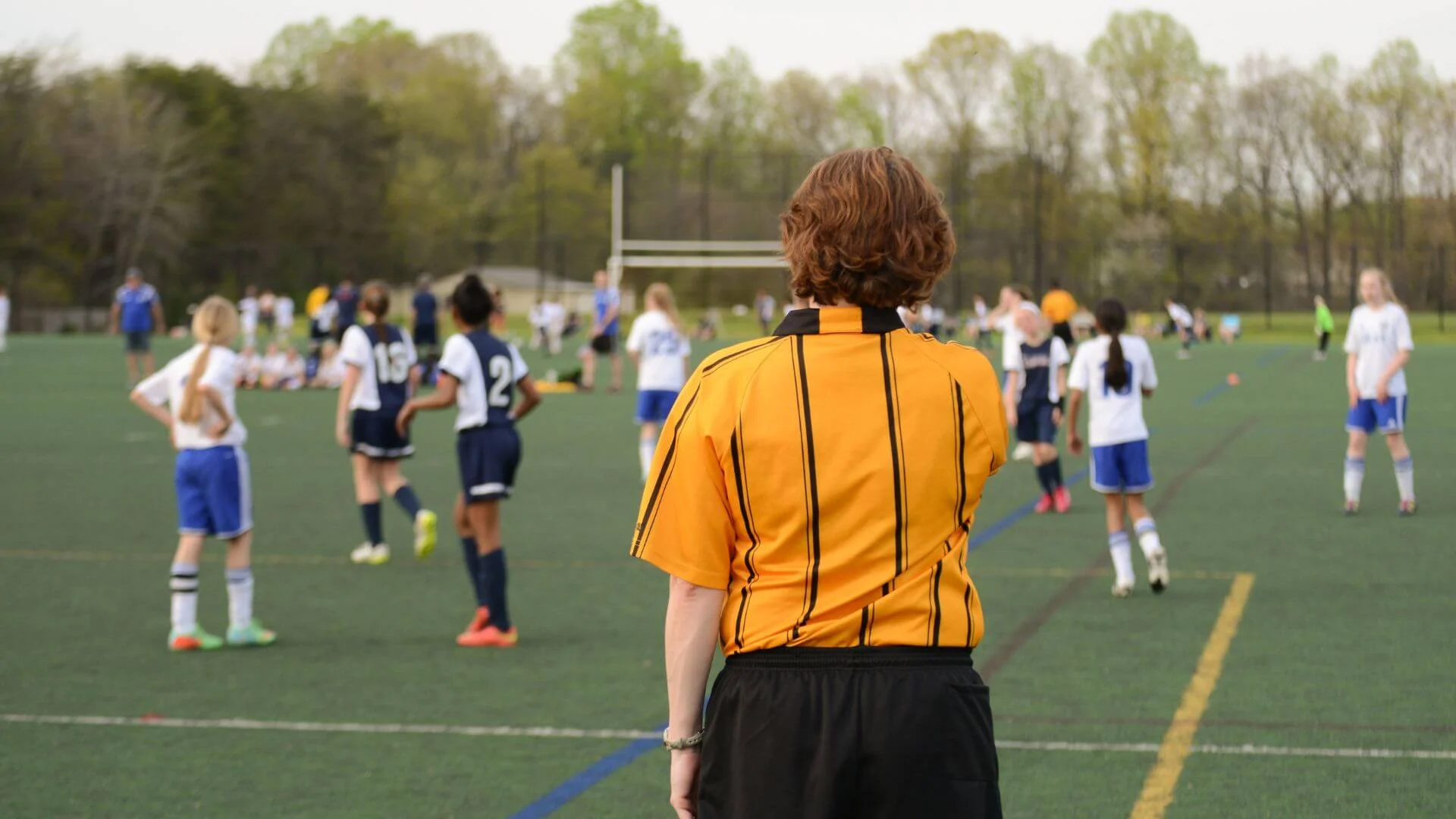Girls Soccer Conduct Toolkit: How to Recognize Abusive Coaching
With Sally Yates’ report about the culture of abuse in the NWSL coming out, it’s become even more apparent that abuse is embedded in women’s soccer. And not just pro women’s soccer, but girl’s soccer. Inappropriate coaching behavior stems from the way that it can go unchecked in youth girls’ soccer. It’s time for that to change.
We want to provide the tools for you to recognize inappropriate coaching environments, so you can identify and draw the line between a healthy and an unhealthy relationship with your coach.
So, How Can You Tell if Your Coach is Behaving in an Abusive Way?
The power dynamic is the biggest problem in questioning whether your coach is behaving inappropriately. We’ve been taught to respect and listen to authority, including coaches.
Your coach is someone who is there to teach you, lead you, and give you advice. They’re older and have knowledge and experience that you don’t. They are in a position of power in a professional setting, just like a teacher.
A coach can use this position of power against players, obscuring the line between coach and player and concealing abuse through the pretense of authority or through trying to become too close to players.
Here are some signs to watch for that may point to a coach crossing the line and being abusive. Abuse could take many forms, whether emotional, physical, sexual, or verbal. While these may seem ridiculously obvious, they need to be cemented into girls’ heads so that by the time they become women, they simply will not tolerate it.
Controlling Behavior
- Telling you to skip personal life commitments to attend practice
- Telling you there are certain foods you can’t eat
- Warning you against confiding in your parents and friend
Intimidation/Retaliation
- Threatening punishment, like running, if you don’t perform a certain way or provide a particular outcome
Grooming Behaviors: establishing a close relationship to lower inhibitions with the intention of committing sexual abuse; typically uses isolating tactics
- Insisting on one-on-one practice sessions
- Insisting on watching game film alone
Verbal abuse
- Mean comments about weight and eating
- Shaming you in front of teammates
- Using verbal expletives
Emotional abuse
- Gaslighting about your level of commitment to the team or about your playing time
- Constantly keeping you on your toes whether you are doing well or not
Beyond these, trust your gut. If your coach is saying things or doing things that make you uncomfortable, reach out to your parents or an adult you trust.
What To Do if You Notice Any of These Behaviors
First and foremost, know that how you feel because of a coach acting this way is not your fault. Win or lose, abuse is not okay. No matter the situation, abuse is not okay.
Here are some ways you can get help through dealing with an abusive coaching situation:
- Reach out to parents or trusted adults a.s.a.p. The only way the abuse will stop is if it comes to light
- They can help you either confront the abusive coach or reach out to their supervisor at the soccer club
- File a report with the U.S. Center for SafeSport
Here are additional resources:
- National Eating Disorder Hotline: (800) 931-2237
- National Sexual Assault Hotline: 1-800-656-4673
- National Suicide Prevention Hotline: 988
Featured image via Adobe Stock
_
GIRLS SOCCER NETWORK: YOUR SOURCE FOR GIRLS SOCCER NEWS













